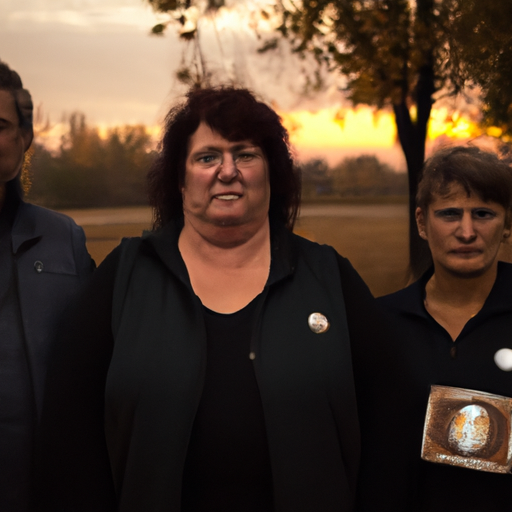The Growing Opioid Crisis in Ontario and Efforts Towards Its Mitigation
Canada’s struggle with the opioid crisis continues to intensify. The crisis, which has significantly affected numerous communities, has hit the Algonquin Anishinabeg Nation tribal council especially hard. This Indigenous community located in Pikwakanagan, Ontario has been grappling with an acute rise in opioid-induced overdoses and deaths. The situation has been compounded further by issues relating to homelessness and crime, which has made the emergency response efforts even more crucial.
Facing these escalating challenges, the Algonquin Anishinabeg Nation tribal council declared a state of emergency on opioids in December 2021 according to CBC News. This article will delve into the specifics of the opioid crisis in Ontario, its effects, and the strategies undertaken to combat them.
Understanding the Opioid Crisis in Ontario
The opioid crisis in Ontario and across Canada has become an alarming public health issue over the years. This crisis, fueled by the wide and sometimes unnecessary distribution of opioids, has led to an increase in opioid misuse, overdoses, and deaths.
In Ontario, the opioid crisis has hit the Indigenous communities particularly hard. The Algonquin Anishinabeg Nation tribal council, for instance, has experienced an extensive range of effects from this crisis:
- Increase in opioid overdoses and opioid-related deaths
- Rise in homelessness
- Growing crimes related to drug use and substance misuse
Addressing the Opioid Crisis: The Role of the Community and Legal Measures
To counteract the effects of the opioid crisis, a multi-pronged approach involving community-driven initiatives, legal measures, and policy-level interventions is required.
In response to this crisis, the Algonquin Anishinabeg Nation tribal council declared a state of emergency, marking a desperate plea for help. Alongside this, community leaders and members have initiated the distribution of naloxone kits – an effective countermeasure for instant relief from opioid overdose.
On a larger scale, provinces throughout Canada are embroiled in lawsuits tied to the Canadian opioid abatement class action — a complex legal battle against some of the biggest pharmaceutical companies over their alleged role in fiduciary negligence contributing to the opioid crisis.
Looking Beyond the Crisis: Efforts Towards Substance Misuse and Homelessness
In addition to providing naloxone kits, it is critical to address accompanying issues like homelessness and crimes related to substance misuse. Support for transitional housing, rehabilitation centers, and mental health services are essential steps towards mitigating these related problems. Ontario’s commitment towards these measures is thus vital to resolving the opioid crisis.
Key Takeaways
The unfortunate reality of the opioid crisis in Ontario is alarming, particularly within Indigenous communities like the Algonquin Anishinabeg Nation. Some key points to summarize the crisis and response include:
- The opioid crisis is a severe public health issue in Ontario, with increased opioid misuse, overdoses, and deaths.
- The crisis has hit Indigenous communities particularly hard, leading to a rise in homelessness and drug-related crimes.
- Efforts to combat the crisis have included community response like the distribution of naloxone kits and policy-level interventions like the Canadian opioid abatement class action.
- Beyond addressing opioid misuse, attention must also be given to related issues like homelessness and crime.
In conclusion, while the opioid crisis is a complex issue requiring multi-dimensional solutions, proactive efforts at the community and legal levels in Ontario are essential steps towards mitigating its devastating effects. The battle against the opioid crisis remains an ongoing challenge that requires society-wide awareness, immediate policy action, and unceasing community support.
